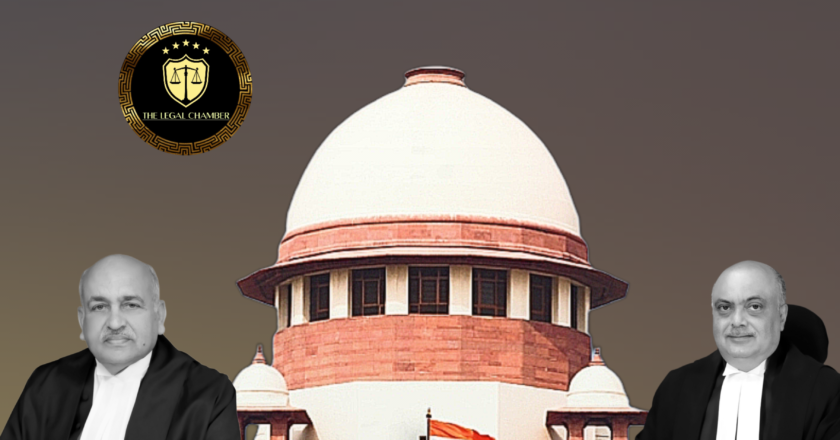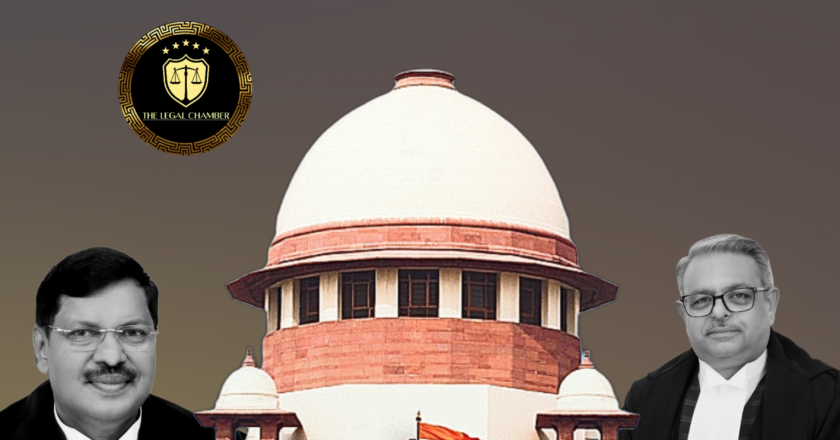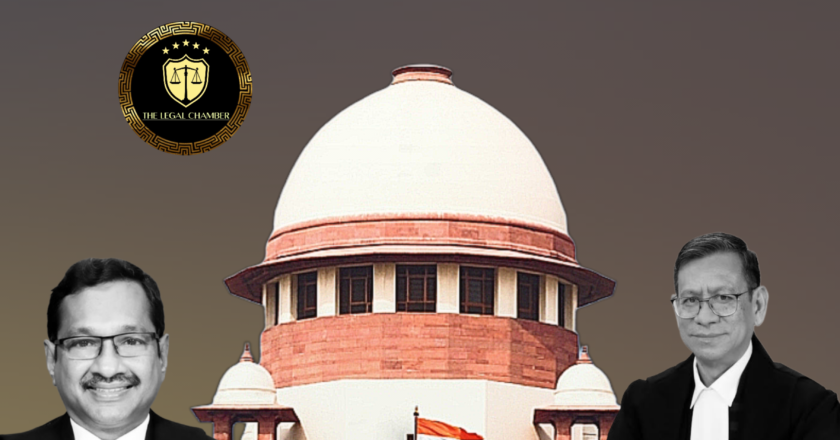Can’t Claim Juvenile Benefit Based on Weak Evidence: Supreme Court’s Landmark Ruling
The Supreme Court ruled that a school transfer certificate based solely on an oral declaration, without corroborating proof, is unreliable for determining juvenility. When such evidence conflicts with official documents like a family register, voter list, and medical opinion, the latter must be given precedence to prevent the abuse of benevolent legislation.
Facts Of The Case:
On August 31, 2011, the appellant's brother, Rajesh, was shot and killed. The First Information Report (FIR) was lodged against Liliu Singh and his son, Devi Singh (Respondent No. 2), under Sections 302 (murder) and 452 (house-trespass) of the Indian Penal Code. The incident allegedly occurred after Liliu Singh and Devi Singh forcibly entered the appellant's house and manhandled his wife. When Rajesh went to confro...


